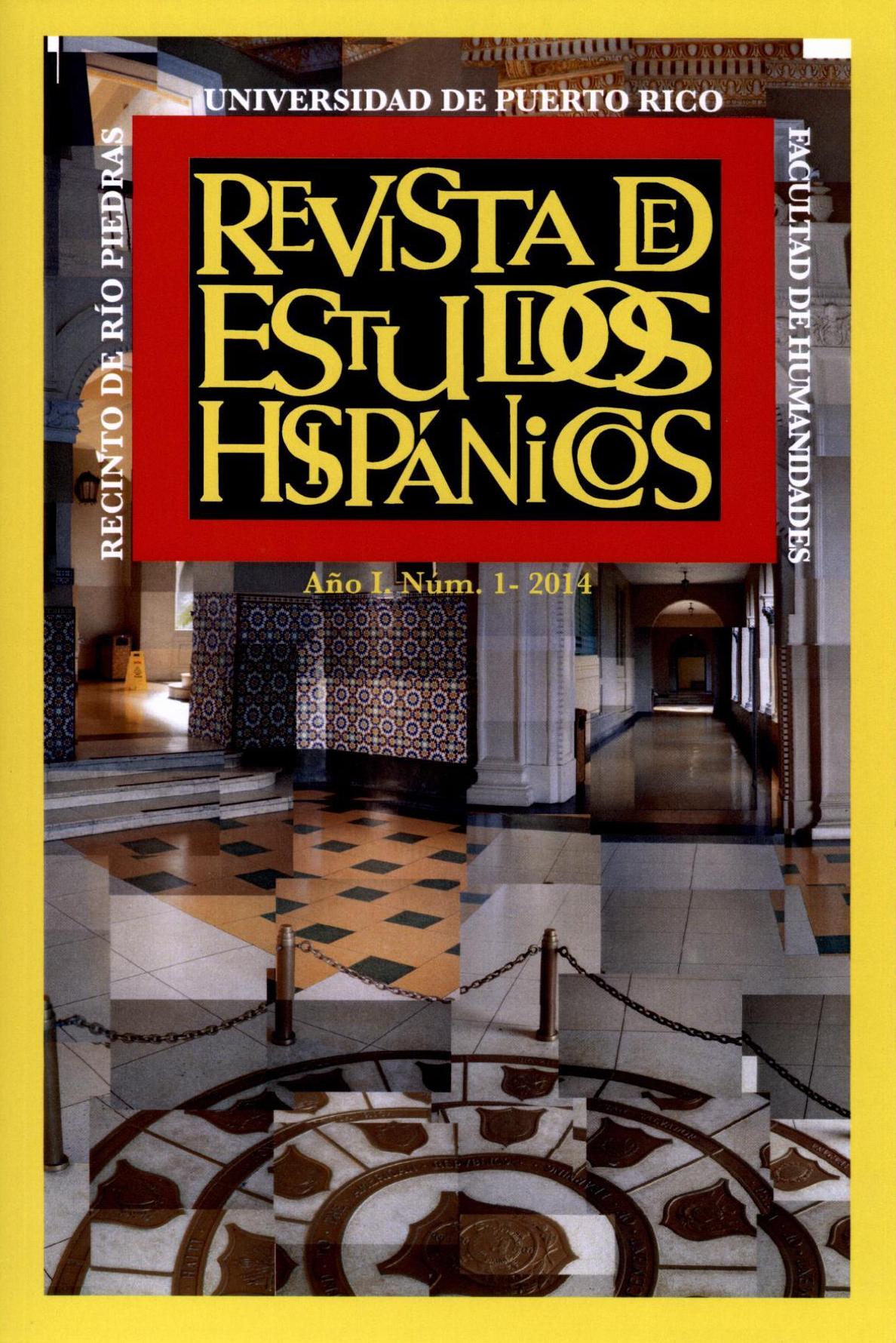Abstract
The narrator of Carpentier's Los pasos perdidos carefully selects rhetorical formulations and wide-ranging allusions designed to convey a specific vision of himself to the reader, heavily filtering the relations and interpretation of events in the process. The intricately elaborated narrative has been variously interpreted as a scathing commentary on modern culture or an ironic critique of existentialism, Romanticism, anthropology, primitivism, or Marxism. Although the work can be rightly judged to have accomplished these thematic ends and others besides, I argue that the novel's supreme stylistic irony is that the richly- and intriguingly-wrought account, one which provides a terrain of interpretive possibilities as fertile as any in literary history, can be seen to serve the primary narrative function of cloaking the insecurities of an excessively neurotic character suffering from vocational anxiety.This work is licensed under a Creative Commons Attribution-NonCommercial 4.0 International License.
Downloads
Download data is not yet available.

